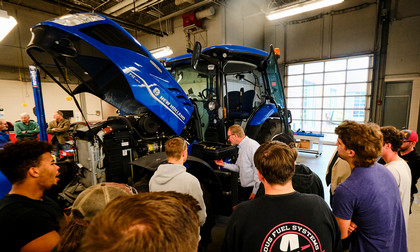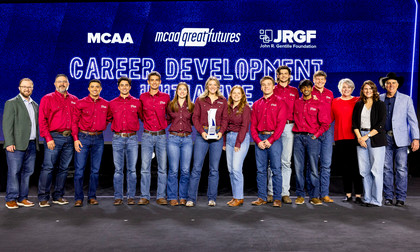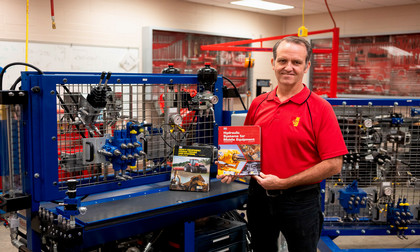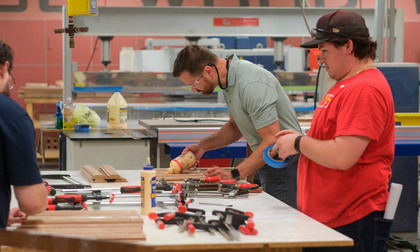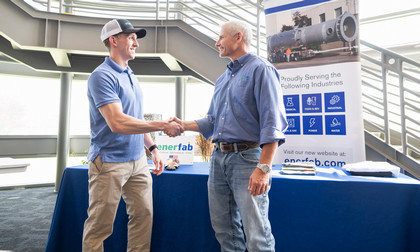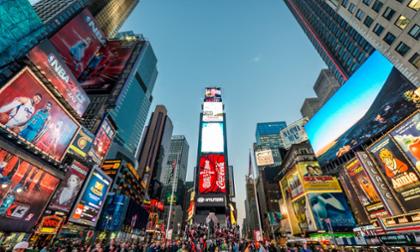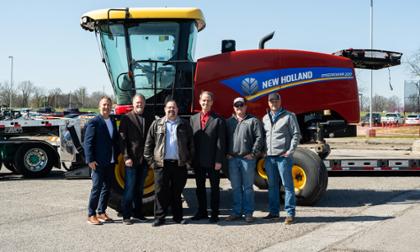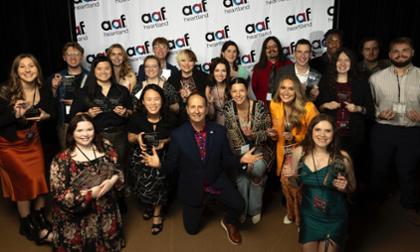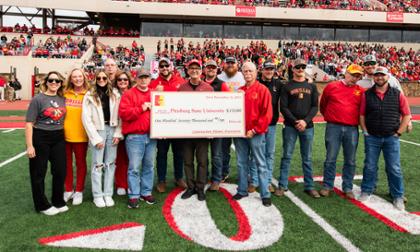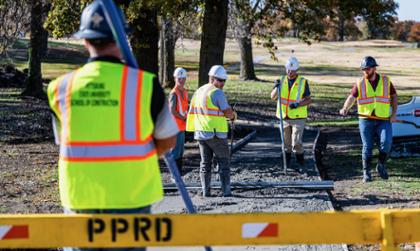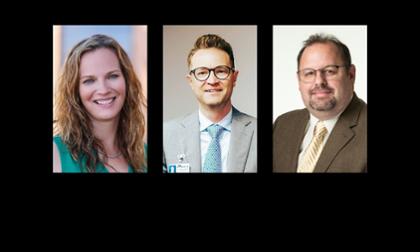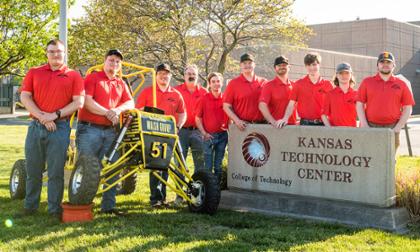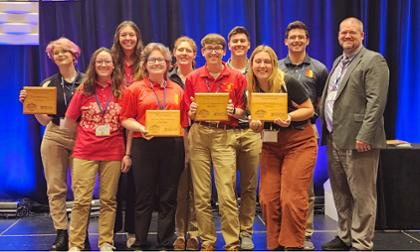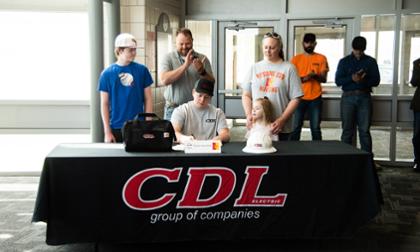Exploring Boundless Innovation
The Crossland College of Technology at Pitt State equips students with cutting-edge skills and hands-on experience to thrive in dynamic industries. With nationally accredited programs in Engineering Technology, Construction, Automotive Technology, Wood Technology, Graphic Communication, Human Resources, Career and Technical Education, and more, students gain practical knowledge and problem-solving abilities essential for today’s tech-driven world. The college offers a variety of undergraduate and graduate programs, all designed to prepare students for successful careers or advanced studies.Our program structure
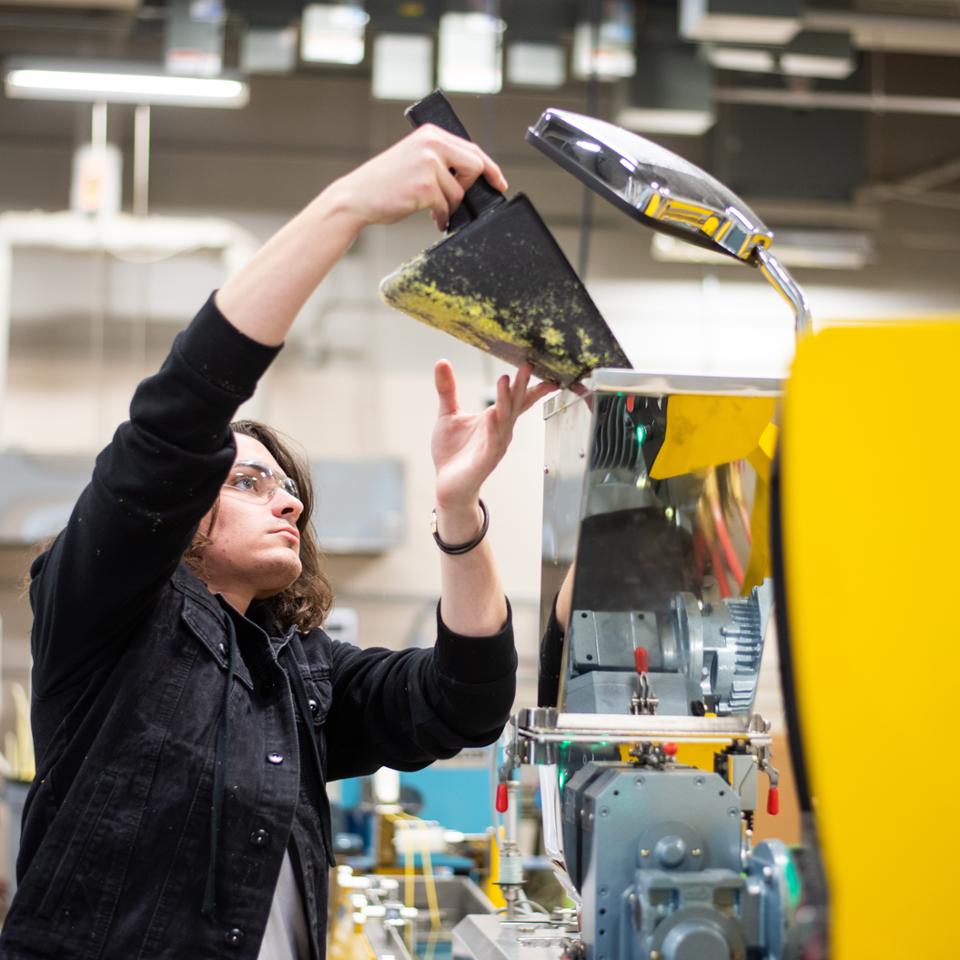
The School of Automotive and Engineering Technology offers comprehensive programs in automotive technology, engineering technology, and related fields, providing specialized training and hands-on experience to prepare students for careers in the automotive and engineering industries.
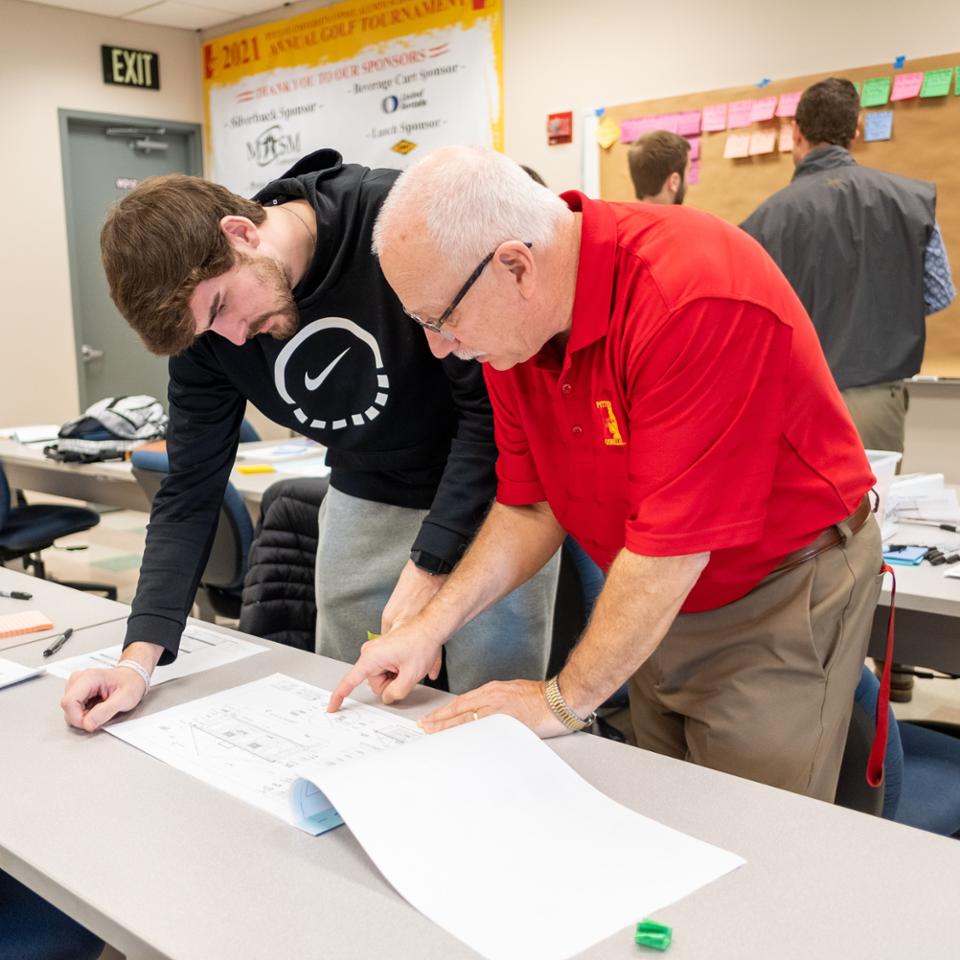
The School of Construction provides comprehensive programs in construction management, safety, and all facets of the construction industry, including specialized fields like interior design, along with a two-year degree in electrical technology.
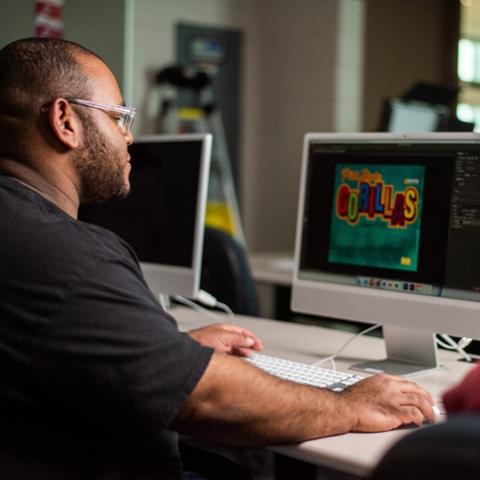
The School of Technology and Workforce Learning offers a diverse range of programs, including associate degrees in Career and Technical Education and Wood Product Manufacturing, majors in Wood Product Manufacturing, Graphic Communications, Technology, Career and Technical Education, Workforce Development, and graduate degrees in Career and Technical Education, Human Resources, and Technology.
Take advantage of academic advising and get ready for the next semester.
Yes, scholarships are still available. Hurry up and apply for admission.
Explore our schedule of classes, conveniently organized by day, time, and instructor.
Events
Technology Stories
About the Crossland College of Technology
Contact us
Phone:
Location
Please check the directory page. Need to reach an individual? Check the Crossland College of Technology contact page.
Crossland Technology Center
Crossland Technology Center
The Crossland Technology Center provides students with an unparalleled opportunity for hands-on learning and to gain experience in the field of their choice. This unique learning environment offers thirteen computer labs with approximately 260 workstations and close to 70 technical laboratories for student learning.

The labs throughout the facility feature up-to-date equipment, much of it provided by industry and corporate partners of Pittsburg State University. Approximately $26 million dollars worth of equipment has been secured through donation, equipment loan or purchase.
Phone: 620-235-4365
History
From Construction to Present Day
The construction of the Kansas Technology Center (KTC) in 1997 was the realization of dreams more than a decade in the making. Construction began in 1994 and was completed in time for the opening of classes in 1997. With a gross floor of 278,700 square feet, the building is approximately two football fields long and 1.5 football fields wide.
Support and contributions from industries have played an important role in making the Pittsburg State University College of Technology one of the most prestigious technology schools in the nation. Currently, approximately $16 million dollars worth of equipment is placed in the building for students to use.
In October 2024, Crossland and Pitt State celebrated the renaming of the College of Technology and the Kansas Technology Center in recognition of this gift and the lasting legacy Crossland Gorillas are building across our state, region, and country. This long-standing partnership between Pittsburg State University and Crossland showcases the power of education to unite people and inspire positive growth in our communities.
The Crossland Technology Center (CTC) is designed with three key planning elements: flexibility, transformability, and ease of movement of materials and equipment throughout the facility. Flexibility is critical to the CTC because of the dynamics of technology which are constantly changing. Therefore, the layout of utility systems and room arrangement is designed to be flexible and transformable to address ever changing technological development. Specially designed spaces can also be transferred without compromising the structural integrity of the building. A 10x10 utility tunnel runs below the building's hallways. The interior walls in CTC are designed for transformability. The walls separating individual rooms located between hallways can be removed easily when needed.
Ease of movement of materials and equipment design allow the movement of materials and equipment in a fast and efficient way and the floors are designed to accommodate the weight of a fully-loaded forklift. A freight elevator can carry the same quantity to the second floor. Room S102 has an automatic overhead door which can allow a 10-wheeler tractor to be brought into the classroom.
The entire building is a lab for teaching about utility systems, construction, and other technologies. Gridded ceiling panels provide easy access for studying utility systems and large windows allow individuals to observe technology systems from the safety of a hallway.
Having the most updated equipment for students is a critical issue in order to maintain the quality of education. The Crossland College of Technology placed 341 online computers in its classrooms. It has false-floor computer labs and 16 labs with computer furniture. Students of the Crossland College of Technology can access the internet, complete their assignments, and conduct their research with the most current computers and software. The campus wireless network is available inside the building.
Mission and Vision
The Mission of the Crossland College of Technology
The mission of the Crossland College of Technology is to be the center for excellence in technology for the state of Kansas. The Crossland College of Technology assumes this leadership role through programs in five departments: Automotive Technology; Engineering Technology; Graphics and Imaging Technologies; School of Construction; and Technology Management and Technology Studies. The college meets its regional and national responsibility by giving particular attention to supporting economic development.
Academic majors in the five departments lead to technical certificates, associate degrees, baccalaureate degrees with majors in automotive technology, engineering technology, graphics and imaging technologies, technology management and technology studies. Graduate programs include Master of Engineering Technology and Master of Science degrees with majors in human resource development, technical teacher education, technology, technology education. A Specialist in Education degree with a major in Industrial Education is also offered.
Five Areas of Responsibility
To accomplish its mission, the college recognizes the following five areas of responsibility:
- The college supports excellence in education through its degree and certificate programs, and through its leadership in industrial technical training for the state of Kansas and the nation.
- The college promotes scholarship and creativity in the application of advanced technology by providing a resource for applied research and consultation to support industry.
- The college maintains strong industrial relationships through cooperative education, student placement, resource generation, and curricular review and development.
- The college meets its mandate to provide statewide leadership in technical teacher education.
- The college provides an educational environment which utilizes experiential and academic processes to prepare students for technical and professional careers and in their professional lives.
Commitment to Industry and Education
The Crossland College of Technology fulfills the university's commitment to assist American industry in the era of high technology growth by providing qualified graduates in the entire technological spectrum from the technician to the professional manager and applied designer/researcher. The college fulfills its teacher education mission by providing highly competitive teachers of technology for public schools from middle school through the university, for technical and vocational schools and institutions and for industrial trainers-teachers in industry world wide.
The close industrial ties lead to outstanding opportunities for Co-Op work while students are enrolled and an exceptional placement record for graduates.
Information for faculty and staff
Our Community.

